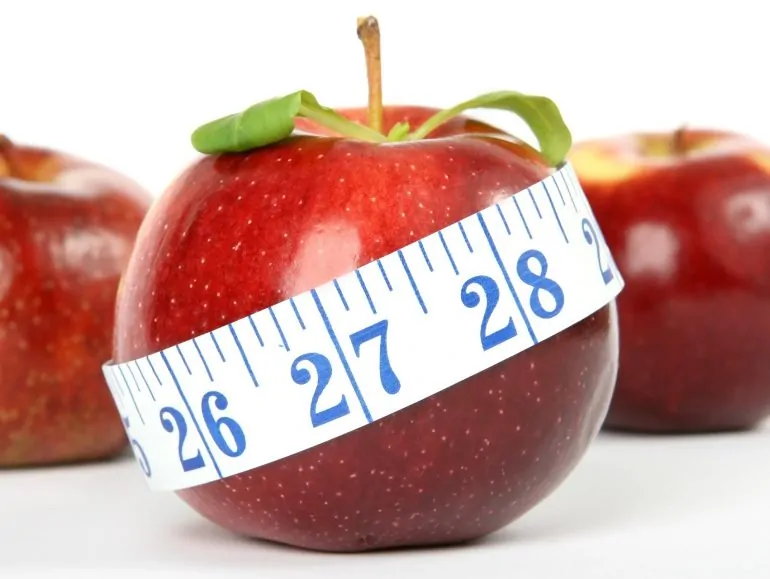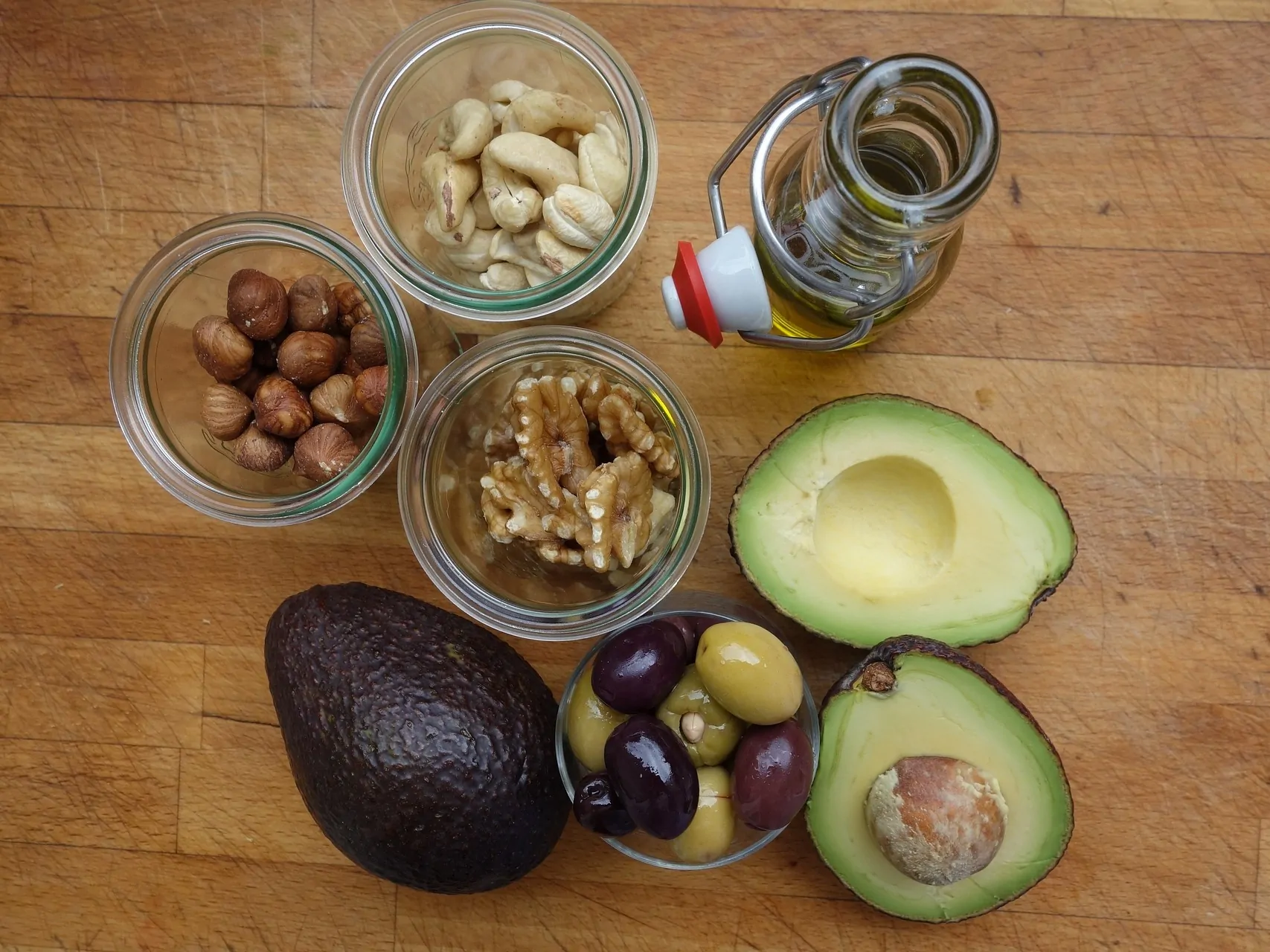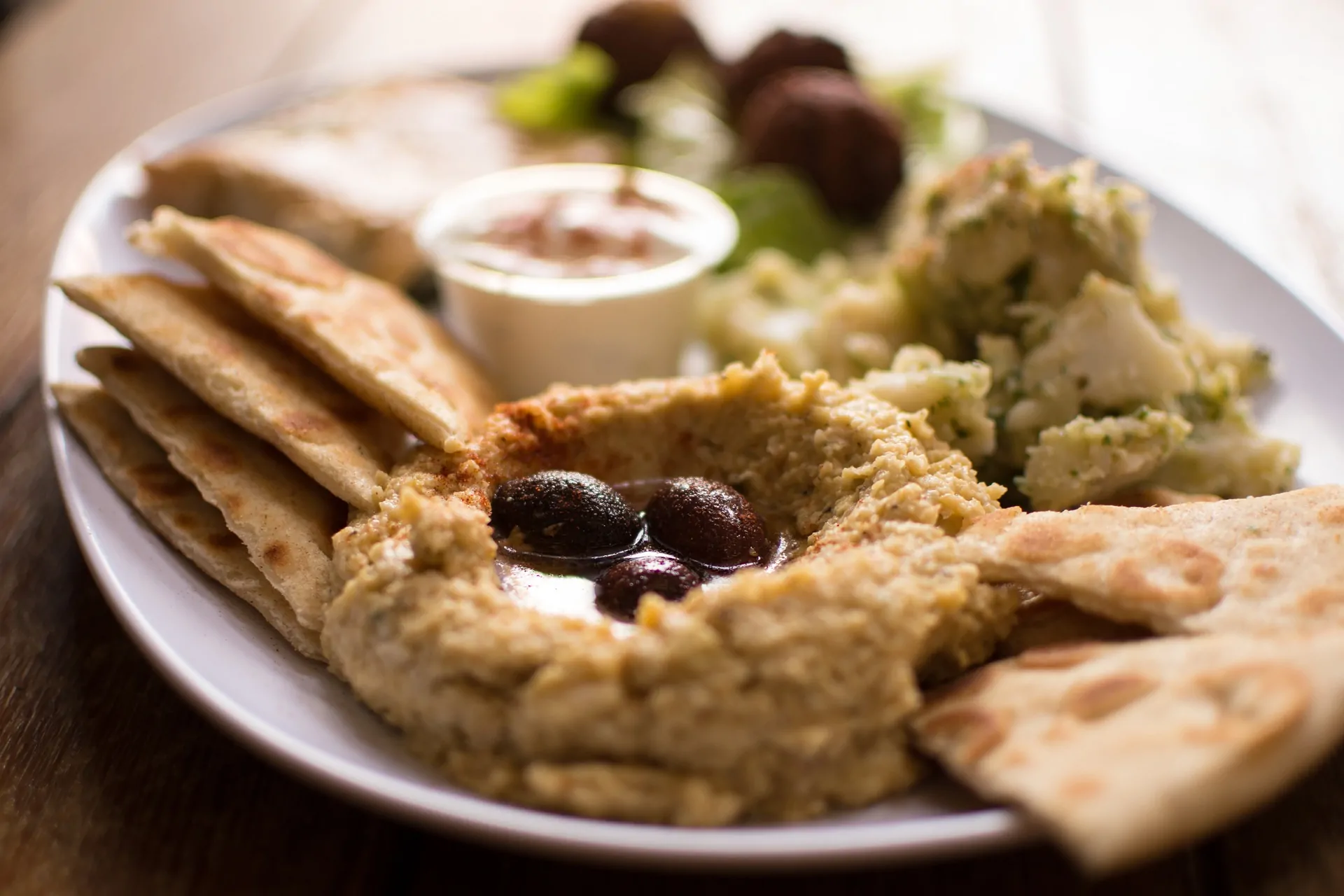Unwanted vegan weight loss, what to do?
| Tags: | Healthy |
|---|

The vegan stereotype used to be (and sometimes still is) that we are all pale and thin. Unfairly of course, because vegans come in all shapes and sizes. However, plant foods are generally a little less calorie dense than animal foods, which is why people transitioning to a plant-based diet sometimes find that they are losing weight, whether they want to or not. As a result, I regularly get questions from new vegans struggling with unintentional weight loss.
Being underweight can be just as much of a struggle as being overweight. Even for people not suffering from an eating disorder, achieving and maintaining a healthy higher weight can be challenging. In this post you will find practical tips for gaining weight healthfully. If you need personal advice, please seek out professional guidance.
Calorie bombs
In theory, gaining weight shouldn't be difficult. Simply eat more calories than you burn, so that your body stores the leftover as fat and muscle tissue. However, in practice it can be a a lot more challenging. You may have difficulty eating more than you're used to. Also, what foods should you be having more of? Eating a bunch of ultra processed food is probably not a good idea. So we need healthy energy dense options, to pack in more calories without having to eat a lot more volume.
Some examples of high calorie plant-based foods are dried fruit (apricots, raisins, dates, etc.), avocado, fatty sauces and spreads (hummus, guacamole, mayo, pesto), nuts and nut butters and olive oil. These are minimally processed and contain mainly unsaturated fat and no added sugar, so it's a good idea to include more and larger servings of these products in your meals and snacks. Moderate portions of foods higher in saturated fat and sugar, like vegan cheese and butter, vegan meat alternatives, chips, chocolate and cookies will also be helpful. A good rule of thumb is to eat 80% healthy foods and 20% less healthy items.

Healthy servings of fruit, veg and protein
If you struggle to eat large portions, make sure not to put too much low-calorie 'filler' in your meals. Vegetables and fresh fruits are good for you and provide essential nutrients, but they will fill you up quickly while providing relatively few calories. Aim for five servings of fruit and vegetables per day, that's enough. Give cereal products, beans and lentils, potatoes, nuts, avocado, tofu, tempeh and meat substitutes a prominent place on your plate. Soups often have a lot of water volume and are low on calories, which is why they are recommended for weight loss. If you like to eat soup, make it more energy-dense by adding coconut milk, vegan cream or nut butter.
It's good to know that protein and carbohydrates both contain 4 kilocalories per gram, while fats have 9 kilocalories per gram. High-fat products therefore contain much more energy in a smaller volume. This is why adding nut butters, fatty sauces and a little oil works so well for weight gain.
Low-fat high-protein products like protein powder can be very satiating, without giving you a lot of calories. Protein is important for building muscle, but if you find yourself feeling full quickly, do not eat a lot of extra protein. Unless you have a specific health condition or do heavy exercise, about 1 gram of protein per kg of healthy body weight is enough.
Eating more
Eating more food is key to gaining weight. Try to take slightly larger servings of calorie dense foods at meal time and eat more and bigger snacks in between meals. Make a meal schedule and stick to it, setting reminders on your phone if you need to.

A handy trick for breakfast and lunch is to add nut butters or even straight up oil to smoothies and oatmeal and to double up on sandwich fillings like hummus, vegan cheese and pâté. If you use vegan butter, pick one with a higher percentage of fat. At dinner time, a very effective tip is to add an extra tablespoon of olive oil, pesto or mayo to your plate. This is especially helpful if other family members do not need these extra calories.
Liquid calories also count, so preferably drink more plant milk, smoothies and fruit juice instead of water, coffee or tea. Please note that the acid and sugar in fruit juice it is not great for your teeth, so preferably drink this at meal times, rather than sipping on it throughout the day.
To measure is to know
If you want to seriously gain weight, it's a good idea to keep track of your progress. If possible, try to weigh yourself once a week. If this is difficult, checking how a particular set of clothes fit can serve the same purpose. If it's not too triggering, it can also helpful to keep a food diary on a website or app that calculates nutritional values, such as cronometer.com.
Gaining fat or muscle?
The advice above will help you to get more 'meat on your bones', but it will mostly be fat. (Which is fine, fat is an important resource for a healthy body!). However, if you also want to become stronger and more muscular, doing strength training is recommended. This is especially helpful for getting bigger limbs. You do not necessarily have to go to the gym. Simple exercises that you can do at home such as squats and (knee) push-ups can also get good results. Check out some workout videos on Youtube for inspiration. For weight gain, strength training works better than cardio, because with cardio you burn more calories, so you have to eat even more to gain weight. When you exercise, make sure you eat enough protein.
A Dutch translation of this article can be found here.

1 Reacties
Write a comment